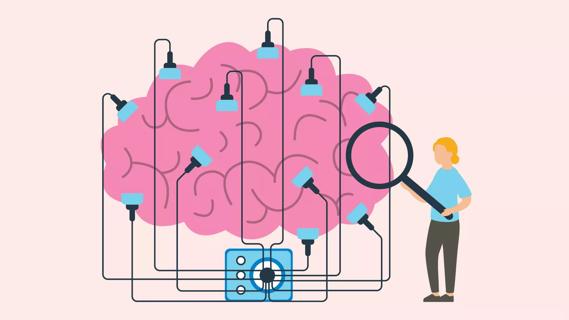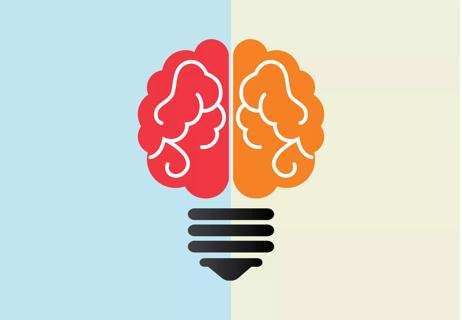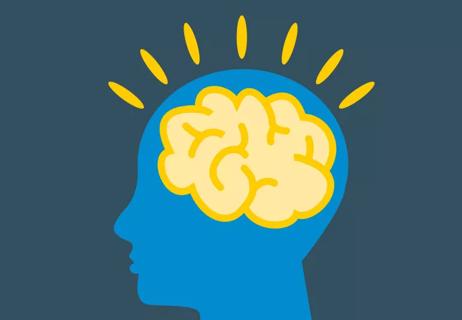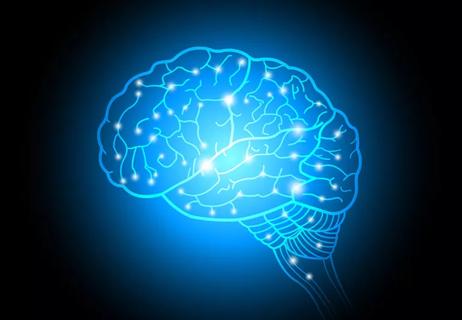Preparing food isn't just about filling your stomach

If you feel at home in the kitchen, planning and preparing nutritious meals, congratulations. You’re not only refueling your body. You’re stimulating your brain with the type of workout it needs to remain healthy.
Advertisement
Cleveland Clinic is a non-profit academic medical center. Advertising on our site helps support our mission. We do not endorse non-Cleveland Clinic products or services. Policy
“A nourishing, home-cooked meal, shared with friends or family, is a familiar activity that exercises the brain,” says Marwan Sabbagh, MD, Director of Cleveland Clinic Lou Ruvo Center for Brain Health. “It provides the nutrition our bodies crave and encourages social interaction, all of which are critical to preserving cognitive fitness.”
Many brain processes involved in getting dinner on the table are classified as executive functions, Dr. Sabbah says. That means they help us plan and control goal-directed thoughts and actions.
“Executive functions test our ability to organize, prioritize, sustain focus, solve problems, retrieve memories and multitask,” he explains. They are located principally in the prefrontal regions of the brain’s frontal lobe, with connections to other brain regions.
Hosting an intricate dinner party will surely tax your executive functioning, but smaller-scale meals demand equivalent skills:
Advertisement
Executive function also applies to another dimension: managing frustration and controlling emotions.
You may have to draw on these cognitive resources if your meal preparation goes awry or your dinner falls flat, despite your best efforts.
“Don’t despair,” Dr. Sabbah reassures. “Grace under pressure is just one more sign of a healthy brain!”
Advertisement
Learn more about our editorial process.
Advertisement

Physical activity can help preserve and improve your cognitive function and fend off dementia, stroke and other health concerns

The ‘Six Pillars of Brain Health’ offers a game plan to maintain cognitive function

The tickling response may be more about protection than enjoyment

You can build mental muscle by challenging your mind and giving it new experiences

This first-of-its-kind study aims to identify biomarkers of neurological disorders

Different parts are responsible for different things, but you use both sides all the time

Add some brain food to your plate

A collection of fascinating facts

Wearing a scarf, adjusting your outdoor activities and following your asthma treatment plan can help limit breathing problems

Your diet in the weeks, days and hours ahead of your race can power you to the finish line

When someone guilt trips you, they’re using emotionally manipulative behavior to try to get you to act a certain way